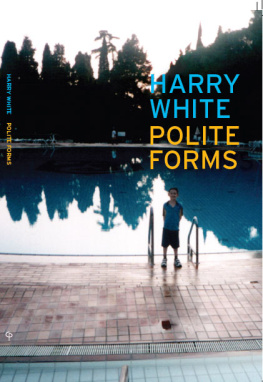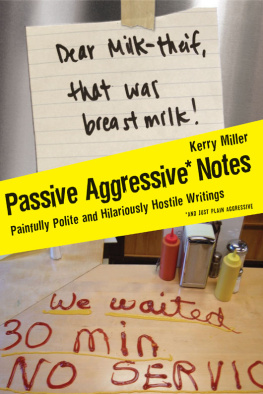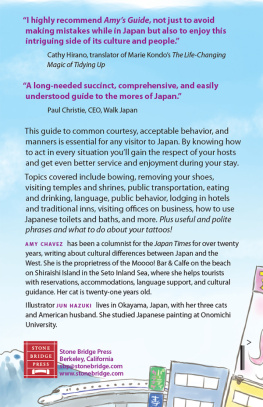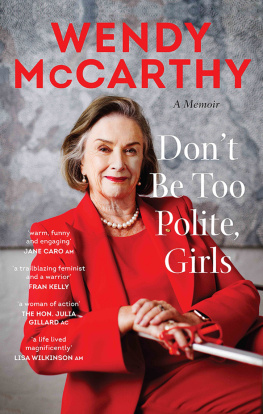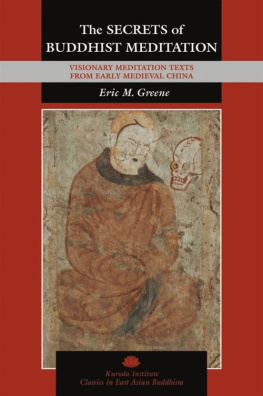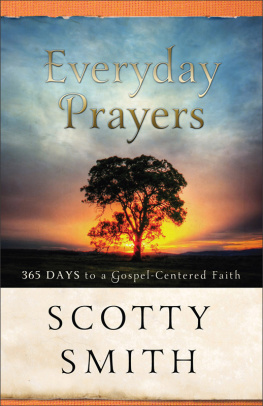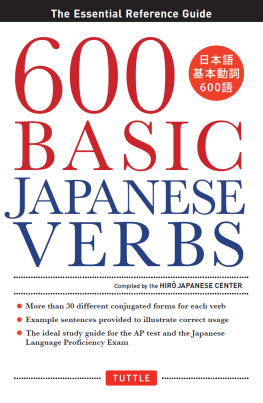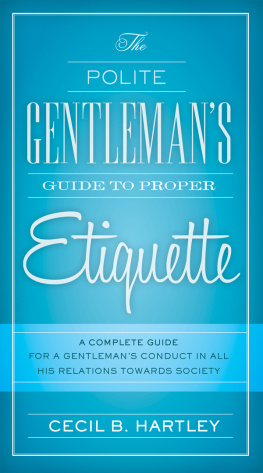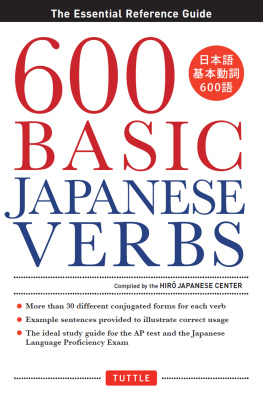Harry White - Polite Forms
Here you can read online Harry White - Polite Forms full text of the book (entire story) in english for free. Download pdf and epub, get meaning, cover and reviews about this ebook. year: 2020, publisher: Peter Lang, genre: Detective and thriller. Description of the work, (preface) as well as reviews are available. Best literature library LitArk.com created for fans of good reading and offers a wide selection of genres:
Romance novel
Science fiction
Adventure
Detective
Science
History
Home and family
Prose
Art
Politics
Computer
Non-fiction
Religion
Business
Children
Humor
Choose a favorite category and find really read worthwhile books. Enjoy immersion in the world of imagination, feel the emotions of the characters or learn something new for yourself, make an fascinating discovery.
- Book:Polite Forms
- Author:
- Publisher:Peter Lang
- Genre:
- Year:2020
- Rating:4 / 5
- Favourites:Add to favourites
- Your mark:
- 80
- 1
- 2
- 3
- 4
- 5
Polite Forms: summary, description and annotation
We offer to read an annotation, description, summary or preface (depends on what the author of the book "Polite Forms" wrote himself). If you haven't found the necessary information about the book — write in the comments, we will try to find it.
Polite Forms was written between January, 2008 and June, 2011. Although the whole sequence is, perhaps self-evidently, it is a meditation on family life written from the perspective of a man in his early fifties.
Polite Forms — read online for free the complete book (whole text) full work
Below is the text of the book, divided by pages. System saving the place of the last page read, allows you to conveniently read the book "Polite Forms" online for free, without having to search again every time where you left off. Put a bookmark, and you can go to the page where you finished reading at any time.
Font size:
Interval:
Bookmark:
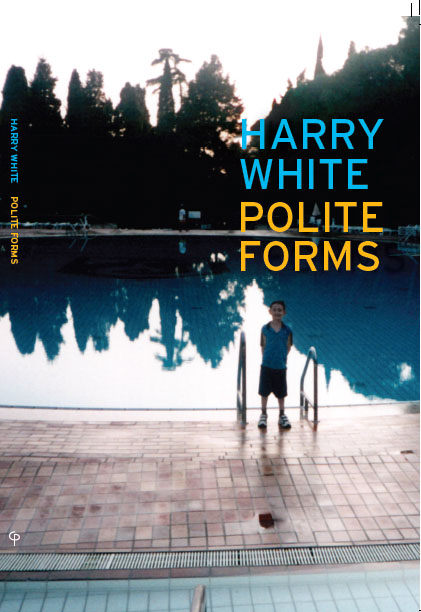
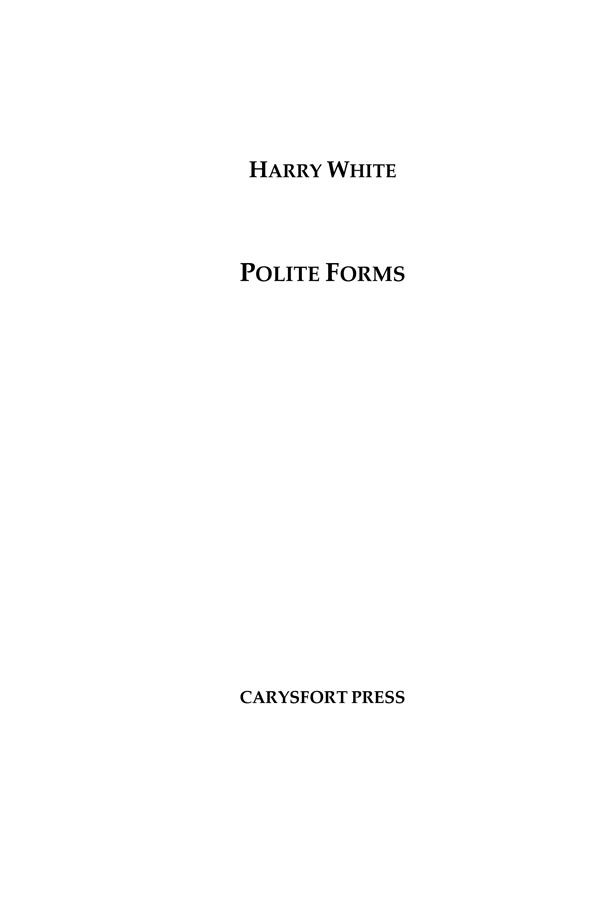 A Carysfort Press Bok in association with Peter Lang Harry White Polite Forms First published in Ireland in 2012 as a paperback original by Carysfort Press, 58 Woodfield, Scholarstown Road Dublin 1 16, Ireland ISBN 978-1-78997-068-5 Harry White 2012 Typeset by Carysfort P Press Cover design by Brian OConnor This book is published with the financial assistance of The Arts Council (An Chomhairle E Ealaon) Dublin, Ireland
A Carysfort Press Bok in association with Peter Lang Harry White Polite Forms First published in Ireland in 2012 as a paperback original by Carysfort Press, 58 Woodfield, Scholarstown Road Dublin 1 16, Ireland ISBN 978-1-78997-068-5 Harry White 2012 Typeset by Carysfort P Press Cover design by Brian OConnor This book is published with the financial assistance of The Arts Council (An Chomhairle E Ealaon) Dublin, Ireland 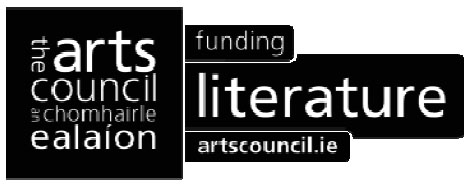 Caution: : All rights res served. No par rt of this book may be print ed or reproduced or utilize ed in any form or by any electronic, mechanical, or other means, now known or hereafter invented including photocopying and recording, or in a any information storage or retrieval system without permission in writing from the publishers. For Fiachra and Dara P OLITE F ORMS
Caution: : All rights res served. No par rt of this book may be print ed or reproduced or utilize ed in any form or by any electronic, mechanical, or other means, now known or hereafter invented including photocopying and recording, or in a any information storage or retrieval system without permission in writing from the publishers. For Fiachra and Dara P OLITE F ORMS At once they knew A girlish repossession of their own, Distinct from those brisk husbands on the phone Who frowned at this familiar pride in names, Or felt the tug of liberation games, But never saw it coming, soft as air: The end of married servitude was there.
Week after week, The reassuring roughness of his cheek Against my lips in greetings we exchanged Persuaded me that nothing much had changed. In all, there were six of us whom he sired: The hairpiece was removed when he retired.
Raised in Chester, she retained through life An English accent that cut like a knife.
I still feel shame At siding with her version of events When asked if Id confirm what he had said. I knew it wasnt pig- that made no sense But let him take her wrath, and crept to bed.
Loud and clear, Beneath the surface noise, his love is there.
This fragile verse Eclipsed my fathers writing nonetheless.
There are places The heart reserves for childhood: not for this. If I asked you what Gup meant, youd never guess. But still, it was as real as any word Collected in the dictionaries, heard And used and felt a hundred times a day. Now it sleeps, as words sleep, like the dead, Its meaning decent by being left unsaid. Did it render love? I cannot say.
A blend of high-toned syntax, childlike hopes: Hail, Holy Queen, To Thee do we cry, To Thee do we send up our sizes, morning and evening (No mourning, no weeping, no sighs in our valley of tears). We adapted those woeful laments to a prayer more in keeping With the world as we knew it, remote from such grandiose cares. But not remote from Heaven: we all felt The absolute proximity of that place To every pulse and doubtful thought which dwelt Within our secret selves. What child could face That undiscovered country without prayer Or fail to pray for the wanderer who went there?
This turned sour When Christmas came and Santa raised his head: Id asked for real vestments, but instead I got a policemans outfit. Priest and Police My parents said, he must have been confused. I prudently agreed, but disabused Of God and Santa both, my masses ceased.
Font size:
Interval:
Bookmark:
Similar books «Polite Forms»
Look at similar books to Polite Forms. We have selected literature similar in name and meaning in the hope of providing readers with more options to find new, interesting, not yet read works.
Discussion, reviews of the book Polite Forms and just readers' own opinions. Leave your comments, write what you think about the work, its meaning or the main characters. Specify what exactly you liked and what you didn't like, and why you think so.

